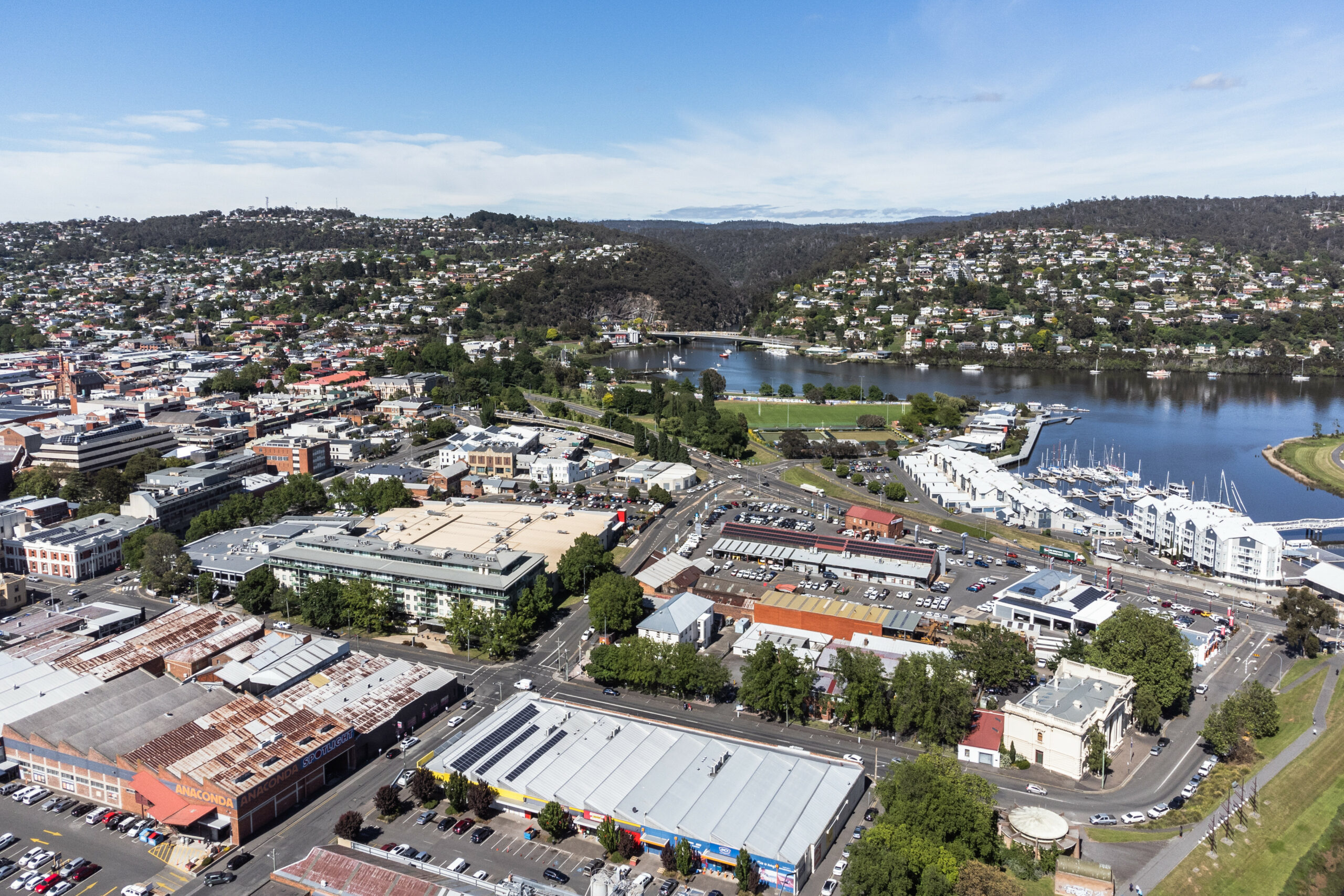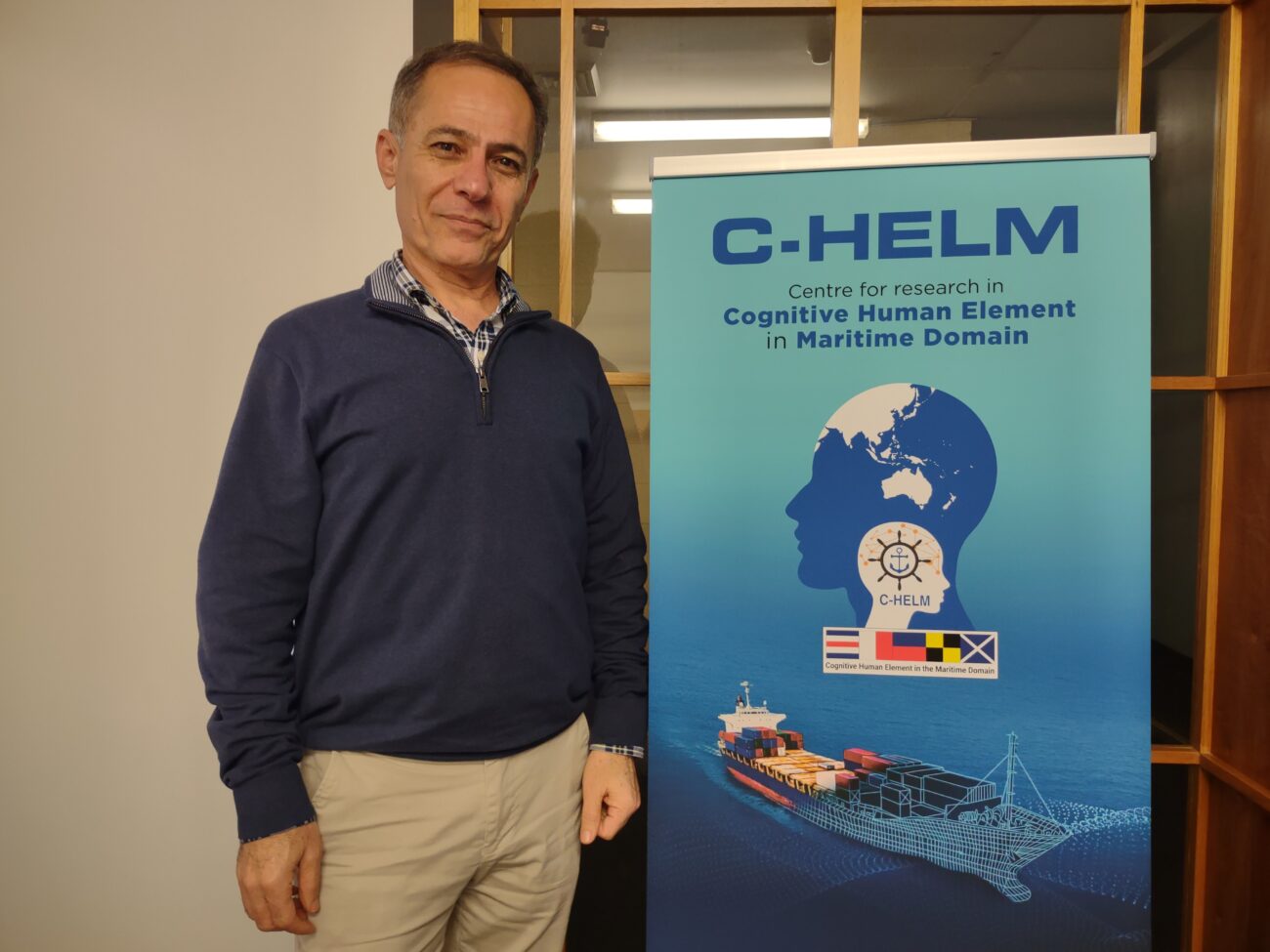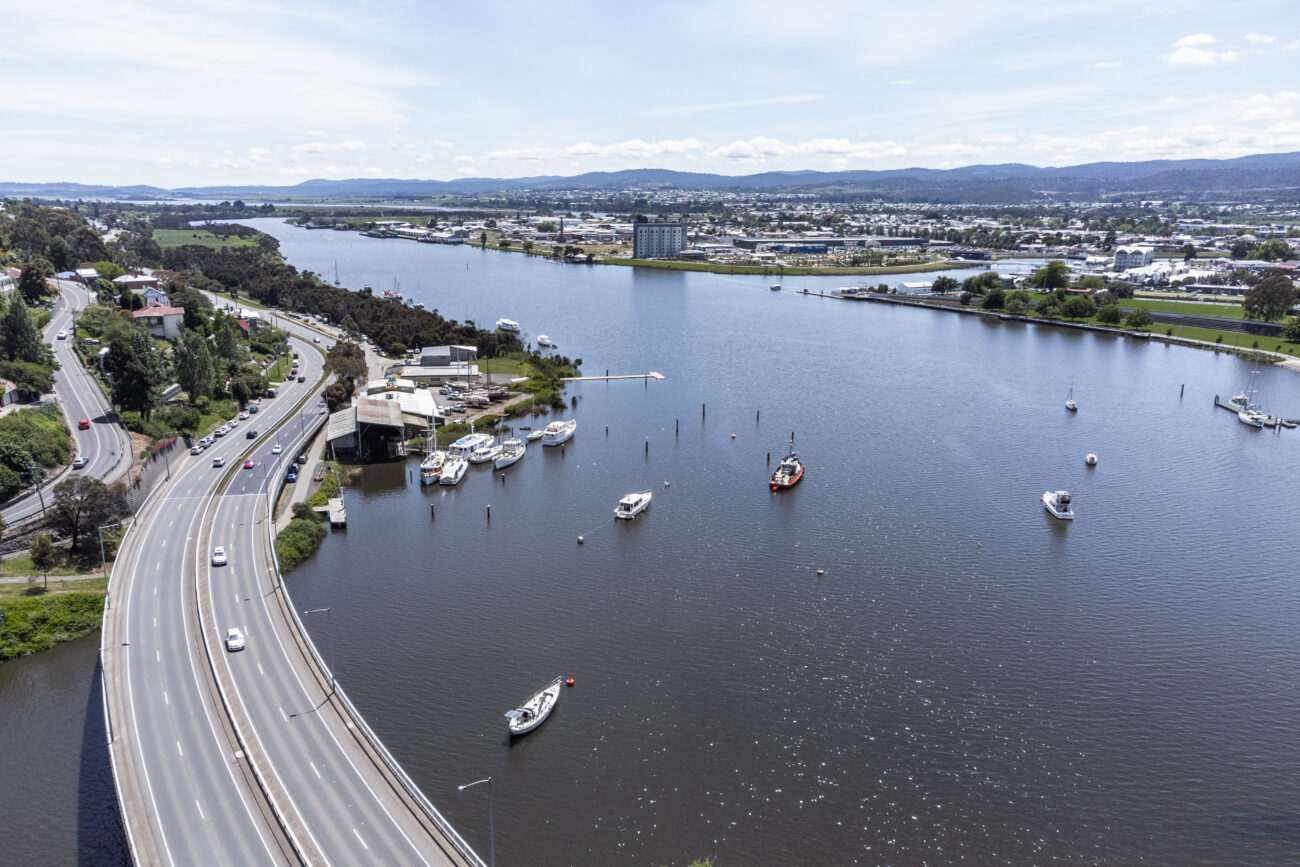Image Credit: Nick H Visuals

Introducing BET Visionary – Dr G. Reza Emad
Tasmania is a place that cultivates and attracts leaders with the aspirations to advance fields of studies, rectify problems within their industries, and produce an environment that encourages others to achieve the same. They do this not as a means to achieve prominent positions but instead they have envisioned the extraordinary and pursued it with determination and passion. Dr. G. Reza Emad perfectly demonstrates this in the work he conducts and the journey he has taken.
Born and raised in Iran, Dr. Reza had decided as young man that he wanted to become a mariner. After graduating from university this aspiration was fulfilled and he went on to spend a number of years exploring the world while working aboard ships. During this time however, Reza was met with a sudden realization that would persuade him to return to the world of academia. This realisation was that although he had been an outstanding student, once he entered the workplace, he felt the knowledge he possessed was somewhat lacking to perform his job well from day one. This meant that he had to work extremely hard to learn what would be applicable for him to exceed at his job.
What was more surprising to Reza was that everyone around him, whether they be new or experienced mariners felt they went through the same experience (an experience I believe many of us having likely gone through after leaving university or school, regardless of the industry you work in). This led Reza to become interested in and begin searching for answers to why this is happening, why the teachings and training of universities cannot be translated into applicable knowledge for those aboard ships and how this might be rectified.

With this new goal in mind Reza left the industry (in the capacity as a working mariner) and headed to Sweden where he was started his research at the World Maritime University – one of several universities of the United Nations. Here he was surrounded by people from around the world with one shared goal – to solve international problems in the shipping domain.
During his time here Reza began working with – what at the time was a relatively new technology – simulation technology and how this can be used to train better seafarers. This work encouraged the move to Canada where Reza began working on a research project for his PhD at the University of Victoria. His focus during his time here was asking a number of questions; “how do people actually learn?”, “How is this process happening?”, and “what environments allow us to achieve this?”.
Come 2015 an opportunity presented itself to Reza he couldn’t resists. To continue his research and pursue his noble goals at what remains ranked as the #1 maritime college in the world – The Australian Maritime College in Launceston, Tasmania.

Upon his arrival a specific topic caught Reza’s eye while working with a colleague. The two were drawn in by the concepts surrounding the industrial revolution.
Since the world was first propelled into the original industrial revolution by the increased use of steam power, worldwide industry has been disrupted by advancements in technology at an increasing rate. Whereas past industrial revolutions have typically been considered to be separated by 100 years (the original occurring in the 18th century, the 2nd brought on by the use of electricity to power machines and mass production in the late 19th century, and the 3rd being marked by the shift to computerisation and digital technology in the late 20th century) the world is considered by many to be going through a fourth (termed Industry 4.0) a mere 30 years since the last revolt.
This stood out to Reza as it meant that the shipping industry would be undergoing significant changes in the near future as all industries are experiencing drastic changes. For Reza the important question now would be to ask, “what would our role as mariners be in the future?”.

Image Credit - Nick H Visuals
At the foundation of Industry 4.0 sits a number of leading disruptive technologies (read more about these here What is industry 4.0 and the Fourth Industrial Revolution? | McKinsey). One of these that stands out as having significant relevance to the shipping industry is autonomous and remotely controlled ships.
Reza concluded that if this is to be the future of the shipping industry then universities should be looking at ways to prepare the future workforce to be proficient when interacting with this technology.
This inspired Reza to develop the research centre known as C-HELM: Centre for Research on Cognitive Human Element in Maritime Domain in 2023. The centre focuses on the cognitive human element and looks at the interaction between human and machines within the marine domain.
It also led to Reza, along with his AMC colleague Nick Benser, to establish the International Conference on Maritime Autonomy & Remote Navigation (ICMAR Nav), with the theme of the inaugural event in 2023 being “driving forward autonomy in maritime industry”.
As one of the newest additions to the Visionary Program Dr. G. Reza Emad offers exceptional insights and applicable knowledge for conferences and events relevant to the maritime industry.
Follow the links to find out more about the Visionary Program and other Visionaries like Dr. G. Reza Emad.